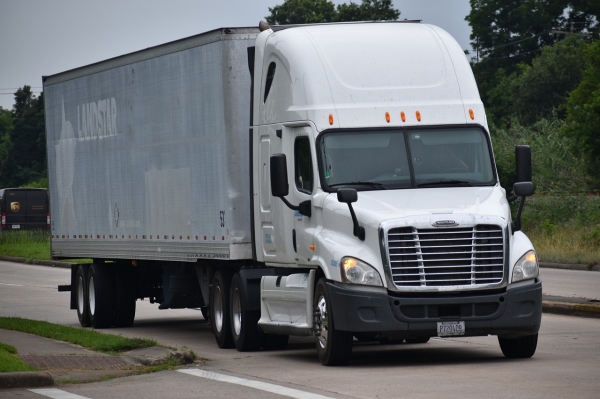A new University of Michigan study finds that automation and electrification of long-haul trucking can reduce urban health impacts and environmental damages.
A new University of Michigan study finds that automation and electrification of long-haul trucking can reduce urban health impacts and environmental damages.
For long-haul routes below 300 miles, electrification can reduce air pollution and greenhouse gas damages by 13%, or $587 million annually, according to the study. For long-haul routes above 300 miles, electrification of just the urban segments facilitated by hub-based automation of highway driving can reduce damages by 35%, or $220 million annually.
“It’s the first study we know of that simultaneously studies a realistic model of automation and a realistic model of electrification—things that are feasible in the near term—and assesses their environmental benefits,” said lead author Parth Vaishnav, assistant professor at the U-M School for Environment and Sustainability.
Vaishnav explains more about the study, which was published online April 22 in the journal Transportation Research Part D.
Read more at University of Michigan
Photo Credit: ArtisticOperations via Pixabay




